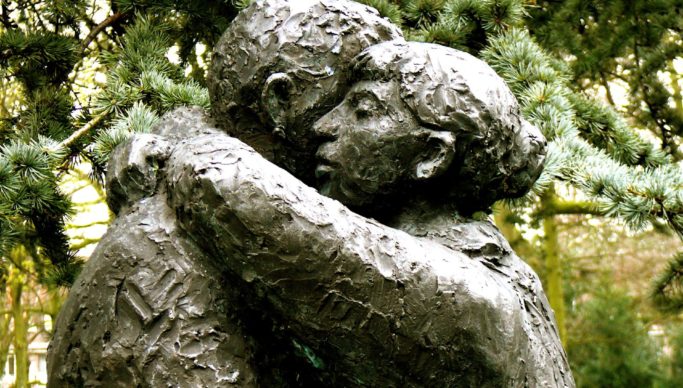
Please Forgive Responsibly
- By Gladys McBride --
- 12 Jan 2023 --
We are going through a forgiveness crisis, according to Pastor Timothy Keller, a best-selling author and Pastor Emeritus of the Redeemer Presbyterian Church in New York City. Forgiveness, according to him, has been abused and misused, it has been misinterpreted as a way of not confronting the truth, of escaping accountability, of essentially burying the misdeed for which one is asking forgiveness.
Sufferers of domestic abuse, rape victims and survivors of homicide to family members have been pressured—generally in a religious context—to forgive the abuser, the rapist, and the murderer, as though that automatically wipes away the crime and its accountability. Such actions have given real forgiveness a bad name and have made people, in these contentious times, reluctant to give or ask to receive forgiveness. On the other hand, as Keller says, “If you are out to punish someone you make it really hard for them to ask for forgiveness.”
The key point of forgiveness, according to Pastor Keller, is “willing the good of the wrongdoer.” As he writes in his book, Forgive: Why Should I and How Can I? “A secret to overcoming evil is to see it as something distinct from the evildoer. Our true enemy is the evil in the person and we want it defeated in him or her.”
Where does this leave trust and accountability?
Forgiveness does not automatically get the forgiven person off the hook, according to Keller. There are consequences for misconduct and the fact of forgiveness does not include trust. Trust needs to be earned.
“I actually don’t think that if somebody has forgiven me, that means they have to trust me,” he said. “Forgiven people are not necessarily automatically restored exactly where they were. You have to have time to rebuild trust in people. And you need to recognize that and not resent it if they don’t trust you right away.”
So the process has multiple steps: a transgression occurs, the wrongdoer seeks or receives forgiveness, and then works to restore trust in the eyes of the victim and the wider society. This would vary, depending on the transgression, the victim and the community involved. It may include sustaining a punishment or otherwise some responsibility taken for the fact of the transgression. One individual who had performed an armed robbery and had gotten away with it, later repented of his action and sought forgiveness from the community and accepted accountability for his misdeed by turning himself in and happily going to prison for five years.
Forgiveness itself, though it may turn out to be the shorter action—and one which leads to the real work of re-establishing trust—can still be liberating and cleansing for the individual when done right. In fact, there is solid science behind the mental, spiritual and physical healing power of forgiveness. Recent research illustrates that forgiveness improves overall health and well-being, calms the body’s stress response and improves cardiovascular function.
There are even online tools—a teaming of faith and science—to help the individual seeking forgiveness from himself, from others or from God, such as the REACH forgiveness model. There are also partnerships such as Templeton World Charity Foundation and John Templeton Foundation, which drive campaigns such as Discover Forgiveness. The campaign aims to share the scientific benefits of forgiveness.
The good within us all makes us ashamed of our misdeeds and reluctant to confess or confront them. Sometimes it takes another hand to reach out and give us the quiet tug in order to do the work involved and get the benefits of being forgiven and forgiving others. Peter asked Jesus (Matthew 18:21-22) how often is it necessary to forgive and Jesus replied “Seventy times seven.” Whether that number is taken literally or figuratively, it illustrates, nevertheless, the importance—physically, emotionally, mentally and spiritually—of forgiveness done right.



















